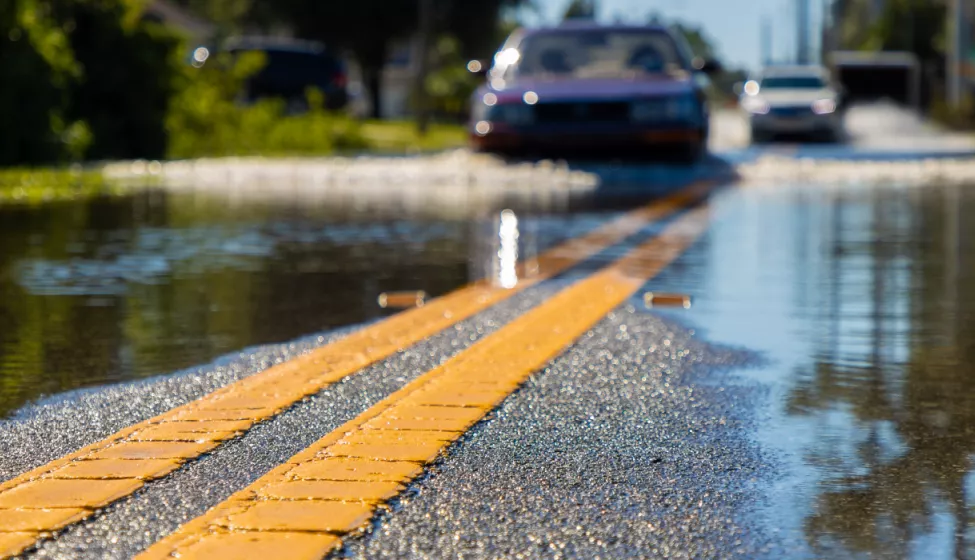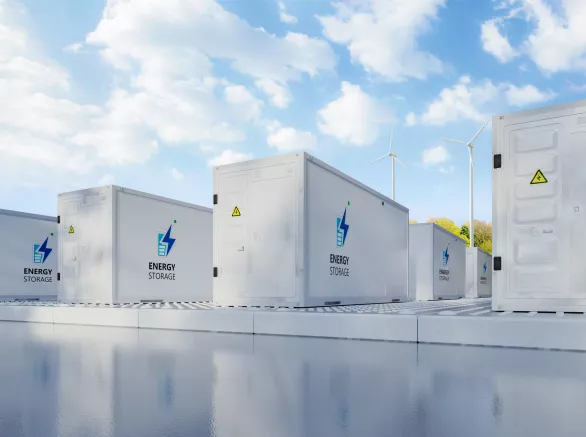November 9, 2021
Impacts of extreme weather events to human & environmental health are becoming increasingly severe
In the aftermath of Hurricane Ida, more than two thousand reports of water pollution are currently being investigated by the U.S. Coast Guard, including more than 50 oil slicks detected in the Gulf of Mexico. The September 2021 hurricane's impact on the Gulf of Mexico's infrastructure and environment is a reminder that public and private entities should be prepared to actively assess the liability risks and consequences of climate change and extreme weather events (EWEs). EWEs such as Hurricane Ida impact business operations, infrastructure, and supply chains and expose companies to potential liability or stakeholder demands for action. The severity and frequency of these EWEs continues to increase, with billion-dollar weather events hitting an all-time high in 2020.
There are real and serious consequences to ignoring the liability risks posed by climate change impacts. Though much attention has been paid to infrastructure and facility risks, the collateral environmental and health liability risks and consequences of infrastructure failures have received much less attention in climate change risk discussions, despite being intertwined.
Climate-related liability risk assessments will be the basis for strategic decisions, actions, and investment. The choice of analytical tools should be specific to 1) the facility being examined and 2) the questions being asked. In many, if not most, cases, a combination of multiple models or tools may be needed to appropriately assess facility or site risk and identify appropriate mitigation measures. High-quality outcomes depend on high-quality assessments. This requires a highly technical, focused liability risk-assessment approach tailored to an individual entity. At this time, the riskiest corporate behavior is to delay these assessments.
How Exponent Can Help
Exponent offers strategic, multidisciplinary climate consulting to public and private sector stakeholders seeking to both understand and mitigate the physical and liability risks of climate factors and understand risks to supply chains including drinking water. Additionally, we assess and advise on the environmental and ecological risks and consequences of climate-related failures and incidents. Our broad expertise across numerous engineering disciplines, public health, ecological and environmental sciences, hydrology, natural resource damage assessment, and restoration and mitigation analysis gives our clients access to an unparalleled wealth of skills and resources that can help build unique solutions to unprecedented challenges.


